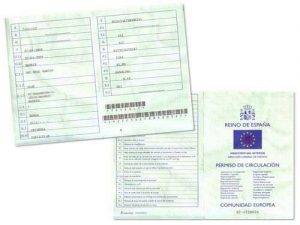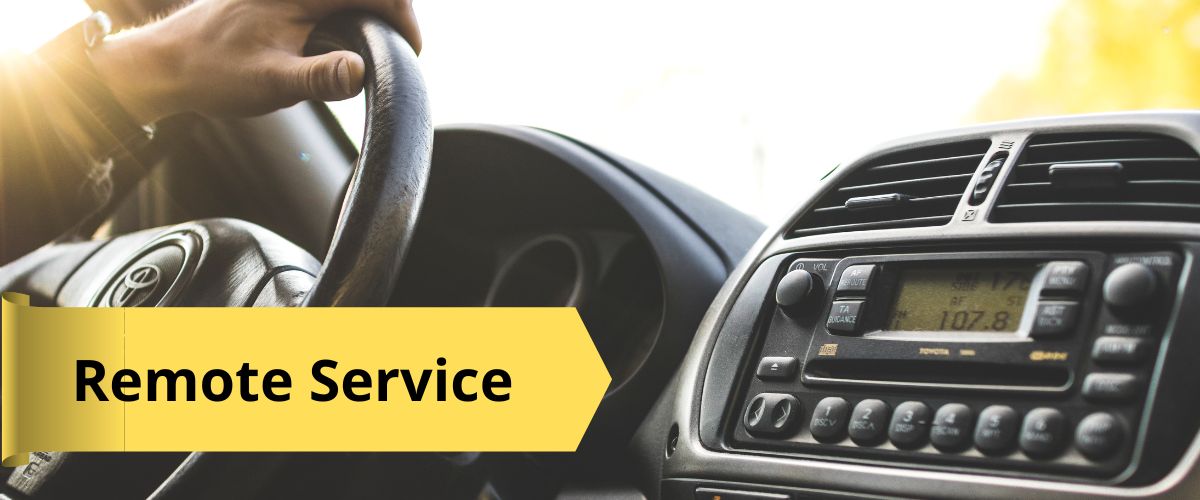Comprehensive Overview to Register a Foreign Vehicle in Spain Hassle-Free
Comprehensive Overview to Register a Foreign Vehicle in Spain Hassle-Free
Blog Article
Typical Difficulties Encountered Throughout Foreign Automobile Registrations and Just How to Get rid of Them
Navigating the intricacies of foreign automobile enrollments can be a difficult job, stuffed with obstacles that differ dramatically across territories. Concerns such as decoding neighborhood regulations, getting rid of language barriers in necessary documentation, and resolving discrepancies in vehicle specs commonly arise. Recognizing tax obligation ramifications and compliance with safety standards can further complicate the procedure. By examining efficient approaches to deal with these obstacles, people can much better place themselves for a smoother registration experience. The inquiry continues to be: what particular steps can be required to alleviate these usual challenges?

Recognizing Local Regulations
Navigating the complexities of international vehicle registration begins with a complete understanding of regional guidelines. Each country has its details regulations and needs controling the enrollment of cars, which can differ substantially from one territory to an additional (Register a foreign Vehicle in Spain). It is critical for foreign car proprietors to familiarize themselves with these laws to guarantee conformity and avoid possible penalties or lawful difficulties

Moreover, some territories mandate vehicle assessments to determine conformity with regional safety and security and discharges criteria. This could require modifications to the car prior to it can be legally signed up. Involving with local authorities or seeking advice from lawful experts can provide clearness on these laws.
Language Barriers in Documents
Language obstacles present substantial obstacles when it involves the paperwork needed for foreign automobile enrollment. Lots of individuals run into difficulties in comprehending the specific needs described in neighborhood guidelines, as these files are typically released in the main language of the host country. False impressions can result in the entry of wrong or incomplete documentation, causing delays or denial of registration.
Moreover, important records, such as title acts, evidence of ownership, and insurance plan, may not have conveniently offered translations - Register a foreign Vehicle in Spain. This can develop complication for international vehicle owners who are not familiar with the local terminology and legal lingo. Therefore, browsing the enrollment procedure ends up being troublesome, usually calling for additional time and effort to make certain conformity
To alleviate these concerns, it is recommended for foreign vehicle proprietors to look for professional translation solutions or seek advice from regional professionals who can assist in understanding the requisite documents. In addition, federal government companies may give multilingual resources or standards to facilitate the enrollment process. Proactively dealing with language barriers can improve the enrollment experience, making sure that all required papers are accurately ready and sent based on view website neighborhood laws.
Car Requirements Disparities

Coming across lorry requirements disparities can create substantial obstacles for foreign automobile owners throughout the registration process. These inconsistencies often occur from differences in making criteria, dimension units, and regulative demands in between the car's native land and the host country. As an example, an automobile that meets safety and security and emissions criteria in one country might not align with the requirements required for enrollment in an additional, resulting in delays or straight-out denials.
To conquer these difficulties, it is essential for international automobile proprietors to conduct complete research study before starting the registration procedure. This consists of understanding the particular demands set by the regional authorities, such as security requirements, exhausts degrees, and any type of needed adjustments. Involving with a specialist solution specializing in foreign vehicle registration can also offer important insights and aid in browsing these inconsistencies.
Documentation plays a crucial duty, so making certain that all technical requirements and adjustments are accurately mirrored in the paperwork can minimize problems. Additionally, preserving open communication with regional enrollment authorities can offer quality on any kind of potential inconsistencies, enabling timely resolution and successful enrollment of the automobile.
Browsing Tax Obligation Demands
Understanding the tax obligation demands connected with foreign automobile enrollment is necessary for owners seeking to conform with neighborhood guidelines. Each territory has particular tax commitments that have to be met prior to a lorry can be legitimately signed up. These may consist of import tasks, value-added tax obligations (BARREL), and annual vehicle tax obligations, which can differ significantly depending on the lorry's origin, worth, and requirements.
To navigate these tax obligation requirements effectively, lorry proprietors ought to begin by looking into the details tax obligations suitable in their area. Consulting with regional tax authorities or a tax expert with experience in international automobile registrations can provide clarity on the procedure and potential responsibilities.
In addition, it is crucial to keep extensive documents of the vehicle's acquisition and any payments made, as this will certainly be essential for tax estimations and possible audits. Proprietors ought to additionally be conscious of any type of target dates connected with tax obligation repayments to avoid penalties or delays in enrollment.
Evaluation and Conformity Issues
On a regular basis dealing with evaluation and conformity issues is crucial for proprietors of foreign vehicles looking for to register them in a brand-new jurisdiction. Each area has distinct regulations regarding car safety and security, discharges, and adjustments, which can posture considerable challenges for proprietors unfamiliar with neighborhood standards. Therefore, recognizing these needs is critical to avoid hold-ups and added prices.
One usual problem develops when international lorries do not satisfy find out the host territory's security and emissions standards. Proprietors must proactively validate that their lorries abide by neighborhood guidelines, which may include adjustments or acquiring required paperwork from manufacturers. In addition, numerous territories call for an extensive examination by an accredited facility, which can lead to further difficulties if the vehicle falls short to satisfy specified criteria.
To browse these difficulties, proprietors can consult local vehicle enrollment authorities or look for aid from experts aware of the enrollment process. Preparing all required documentation beforehand, consisting of previous assessment records and proof of conformity, can simplify the enrollment process. Inevitably, thorough prep work and understanding of evaluation demands can considerably enhance the likelihood of an effective foreign automobile enrollment.
Conclusion
In summary, the procedure of foreign lorry registration entails numerous difficulties, consisting of comprehension of local guidelines, language barriers in documentation, discrepancies in car specifications, navigation site here of tax obligation demands, and inspection and compliance problems. Addressing these difficulties requires thorough research, use of expert translation solutions, and examination with regional authorities. Engaging specialized solutions can ensure adherence to safety and security and discharges requirements, inevitably facilitating a smoother enrollment procedure and compliance with all appropriate commitments.
Report this page